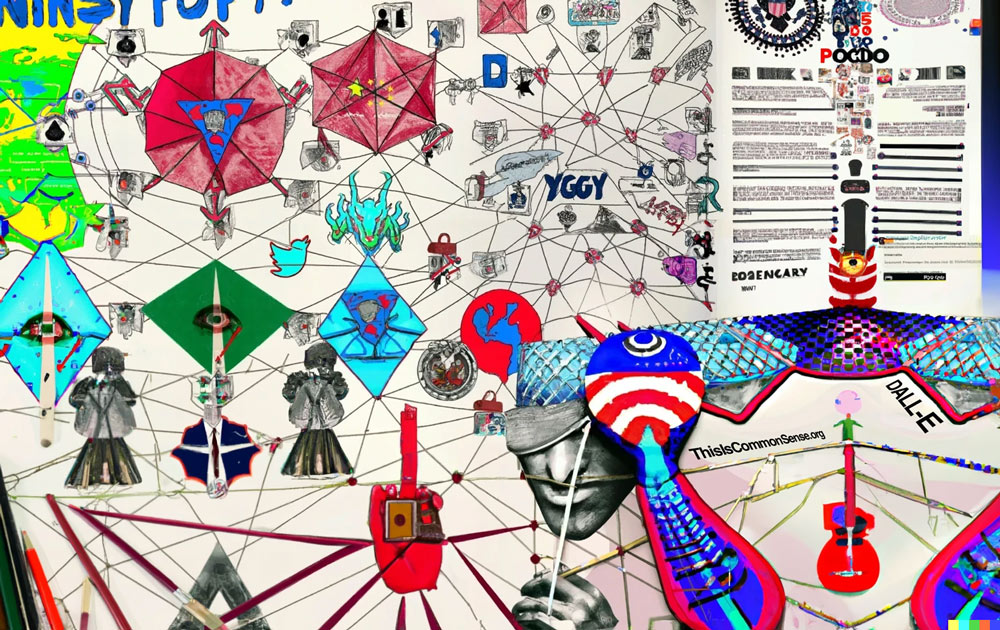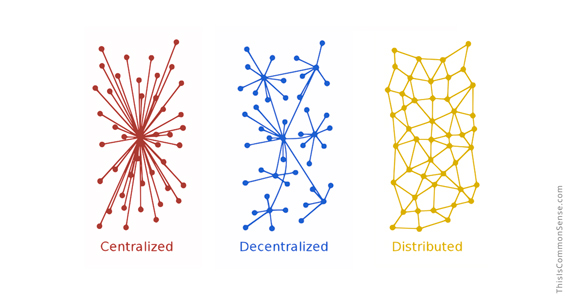I’d like to ban the Communist Party — in China. But TikTok — here?
The app’s possible use as spyware and worse by Chinese Communist Party operatives should be
“Lawmakers and regulators in the West have increasingly expressed concern that TikTok and its parent company, ByteDance, may put sensitive user data, like location information, into the hands of the Chinese government,” explains The New York Times. “They have pointed to laws that allow the Chinese government to secretly demand data from Chinese companies and citizens for intelligence-gathering operations.”
This concerns me enough to not be on TikTok, but while we smell smoke, I see no smoking gun.
And banning Tik Tok has every appearance of doing what the CCP would do — and did with Facebook and YouTube and X (formerly known as Prince — er, Twitter). Not to mention being unconstitutional.
The TikTok ban that passed the House last week — with only 50 Democrats and 15 Republicans voting No — if passed by the Senate and signed by the President, would set up another level of surveillance and Internet control that would be used against American citizens beyond users of this social media
It comes down to good ends not justifying evil means, in this case an all-out government attack upon freedom of speech and press.
There are things the federal government could do — and already has done — to limit TikTok’s influence. Last year, the U.S. (along with Canada) banned it from all government devices.
This didn’t even require an act of Congress. Arguably, Trump could have done this with Facebook and Twitter on federal government devices when it became clear that these platforms were being used to orchestrate partisan speech control.
And, of course, a general social cause against TikTok could be engaged without threat of force. Political leaders owe it to the people to speak out.
This is Common Sense. I’m Paul Jacob.
Illustration created with PicFinder and Firefly
—
See all recent commentary
(simplified and organized)






